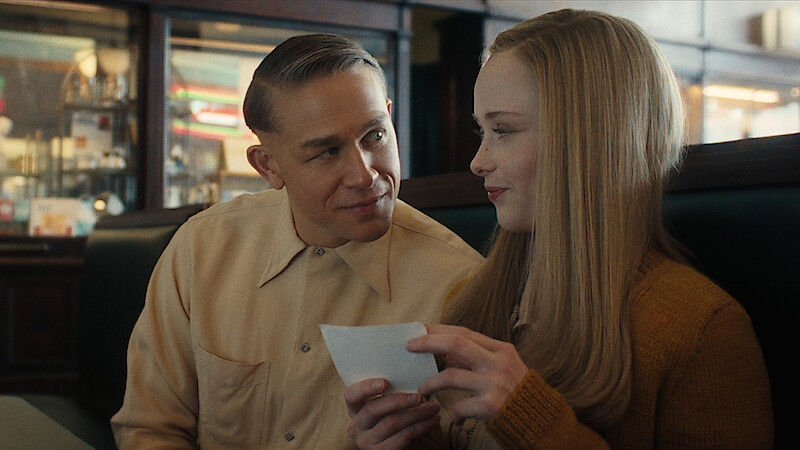Goodbye, Bob (This is for You)
- Ryan C. Tittle

- Aug 8, 2025
- 3 min read

In the winter of 2002, during my first trip to the Big Apple, I had the opportunity to go and to an evening with Robert Wilson, the legendary theatre/opera director/artist who was variously called surrealist and avant-garde and who left us on July 31st of this year. I can’t remember who was interviewing him or much of what was said, but I do remember the master from Waco, Texas explaining the importance of standing. He talked on it for a long time. He demonstrated proper standing. Every other director would be talking about the importance of staging or actors he’s worked with. Bob wasn’t just any director. There was no one else like him. He was interested in time. He was interested in space. He was interested in the way an actor sat in a chair. He was interested in specific hand movements. And perfect lighting. And language only in a tangential way.

He made a name for himself for his unique style of dancing and movement. He dreamed of a theater where you could come and go as you pleased like a museum. This resulted in multi-hour works like The Life and Times of Joseph Stalin and, in his most audacious move, KA MOUNTAIN AND GUARDenia TERRACE, which was performed in pre-Ayatollah Iran twenty-four hours a day for seven days. His Deafman Glance (which he brilliantly adapted into a short film—you must see it) was a “silent opera.” Most of his early work with the Byrd Hoffman School (named after his teacher) had no music or sound at all. Bob, who grew up stuttering, mistrusted language in the early years. That he became so eloquent and then began tackling traditional plays and monologues in his later years, you’d never believe it.

His breakthrough was the four-hour Einstein on the Beach with Philip Glass’ music and lyrics and texts by choreographer Lucinda Childs, actor Samuel M. Johnson, and an autistic poet Bob discovered named Christopher Knowles, who created his own way of using language and acted and co-wrote Bob’s only Broadway show—A Letter for Queen Victoria. As you can imagine, Bob’s work was, in the early years, critically misunderstood and made no money to speak of. The debt from mounting Einstein was not paid off for decades. But it is now well known that Einstein was a spectacular theatrical experience. I’m tempted to say it was the greatest work of theatre in the 20th century.
Its scenes, some taking a half hour to realize are pure theatre in the purest sense. Objects and people moving in space and time. That’s theatre. It was so big, though, that only opera houses could stage it. The Met made Bob rent it out when Einstein came to America—ironic since Wilson then became a noted director of Wagner, Puccini, and other composers far less accomplished than Glass. Perhaps his biggest financial success was The Black Rider with Tom Waits which sold out every theatre in Europe when it toured. A musical, with a book by William S. Burroughs based on a nasty little fairy tale, it was Bob at his most commercial, but he was still thoroughly himself.

My other experience with Bob is when his art installation 14 Stations came to the Williamstown Museum of Modern Art while I was about a half hour away from there. Based on the 14 stations of the cross, one entered a vacuous cavern and then went from one small clapboard house to another. You never knew what you might see inside the windows: Shaker furniture, an actor in a video crawling silently, plastic red wolves, and, at the end of the installation, a white, faceless figure ascending to the stars upside down. It was odd. It was uncanny. It was the most beautiful thing I’d ever seen except for some of the chairs Bob designed and Einstein.

We’ve lost a giant of an artist who finally got the recognition he deserved. I will miss you, Bob. You’ve loomed large in my life since I was eleven years old and I found a book with pictures of your work. I inherited that book from my teacher when she retired, and it sits on my bookshelf still. Your view of the world made the whole enterprise more interesting. Thank you, Bob.








Comments